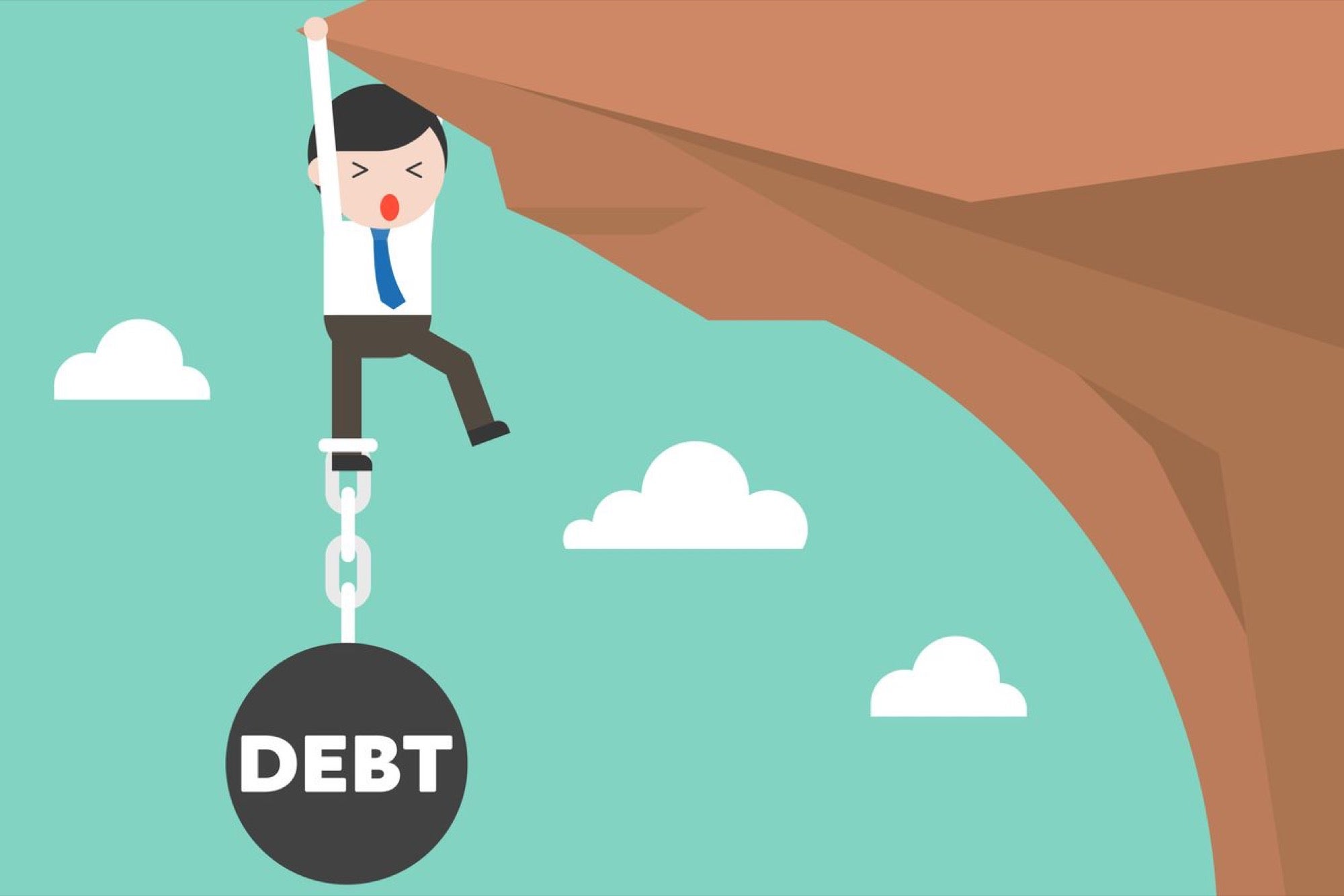
3 Steps Businesses Can Take to Delay Debt Repayments During Covid-19
With businesses across the UK experiencing plummeting incomes as one of the consequences of the ongoing Covid-19 restrictions, making scheduled payments to suppliers, landlords, HMRC, and commercial lenders have become increasingly difficult. As part of the government’s coronavirus support package, businesses have been able to defer VAT and self-assessment income tax repayments. However, that’s just one of a number of costs businesses have to meet.

Although many creditors have given businesses more leeway during this extraordinarily difficult time, the fact is that payments still need to be made. While commercial lenders might offer a repayment holiday and some landlords have agreed to reduce or defer rental payments temporarily, there will come a time when your costs will return to their normal levels. At this point, if your income is still much lower than it would usually be, your business could be pushed towards insolvency.
Fortunately, there is a solution. There are several steps you can take to give you more time to pay your creditors during Covid-19 and beyond.
[1] Negotiate an informal arrangement with your creditors
An informal creditor arrangement is a name given to an agreement that you make with your creditors to repay the money you owe them in monthly installments over a typical period of up to 24 months. As it’s a non-insolvency arrangement, any agreement you make with your creditors is not legally binding. However, it could still provide the extra time you need to make creditor payments and keep your business trading.
Businesses that are best suited to informal creditor arrangements are those that have a relatively small number of creditors they are unable to pay due to short-term cash flow issues. You can make an informal arrangement with your creditors yourself or with the help of a licensed insolvency practitioner. Just get in touch with your creditors to explain the situation the business is in and put forward your proposal to repay the money you owe in monthly installments. This should be put down in writing and sent to your creditors to demonstrate your commitment to the agreement.
Unlike a formal insolvency procedure such as a company voluntary arrangement (CVA), your creditors can continue adding interest and charges to the debt unless it’s agreed with individual creditors not to. As the arrangement is not legally binding, there’s also the risk that the creditor could choose to back out of the agreement and take recovery action against you.
[2] Reach a Time to Pay Arrangement with HMRC
If you cannot pay one or multiple tax bills on time, it is possible to reach an agreement with HMRC to get more time to pay the money you owe. A Time to Pay Arrangement, as it’s known, can cover all outstanding amounts overdue, including any penalties and interest that apply. It will allow you to pay your tax liabilities in monthly installments over a typical period of 6-12 months, which could provide the breathing space your business needs to recover from the disruption caused by the pandemic.
To negotiate a Time to Pay Arrangement, HMRC prefers to be contacted via their telephone helpline using the appropriate number you’ll find on the government website. In most cases, you’ll also be required to submit your repayment offer in writing and provide copies of your cash flow statements so HMRC can see that the proposals are realistic and affordable.
Changes have been made to HMRC’s Time to Pay Arrangements in response to the coronavirus, as Tony Smith, the director of Company Debt, explains: “The government wants to do everything it can to help businesses through this challenging time. So, although the total amount of tax owed will not be reduced, according to Chancellor Rishi Sunak, the usual 3.5% interest charge will be waived for the duration of the virus. That allows businesses to spread the cost of their outstanding tax bills without being penalized”.
[3] Enter into a company voluntary arrangement (CVA)
A company voluntary arrangement, also known as a CVA, is a legally binding agreement that insolvent companies can make with their creditors to repay a proportion of, or all of their debts, over time. A licensed insolvency practitioner must be appointed to help the company directors draw up the proposals and to supervise the arrangement once it’s in place. To be accepted, 75% of the company’s creditors, by the value of debt, must vote in support of the proposals.
A CVA usually lasts between 3-5 years and can include all kinds of unsecured business debts, such as money owed to suppliers, company credit cards, outstanding tax bills, bank loans, and lease agreements. Once it’s in place, the company will make monthly payments towards the CVA while it continues to trade. If all of the payments are made, the creditors will be prevented from taking legal action against the business, all interest charges and payment penalties will be frozen and any outstanding debt that remains at the end of the CVA’s term will be written off.
That makes the CVA an excellent rescue tool for companies that are burdened by historic debts or debts that have built up as a result of Covid-19, but that are viable and could be successful once again.




